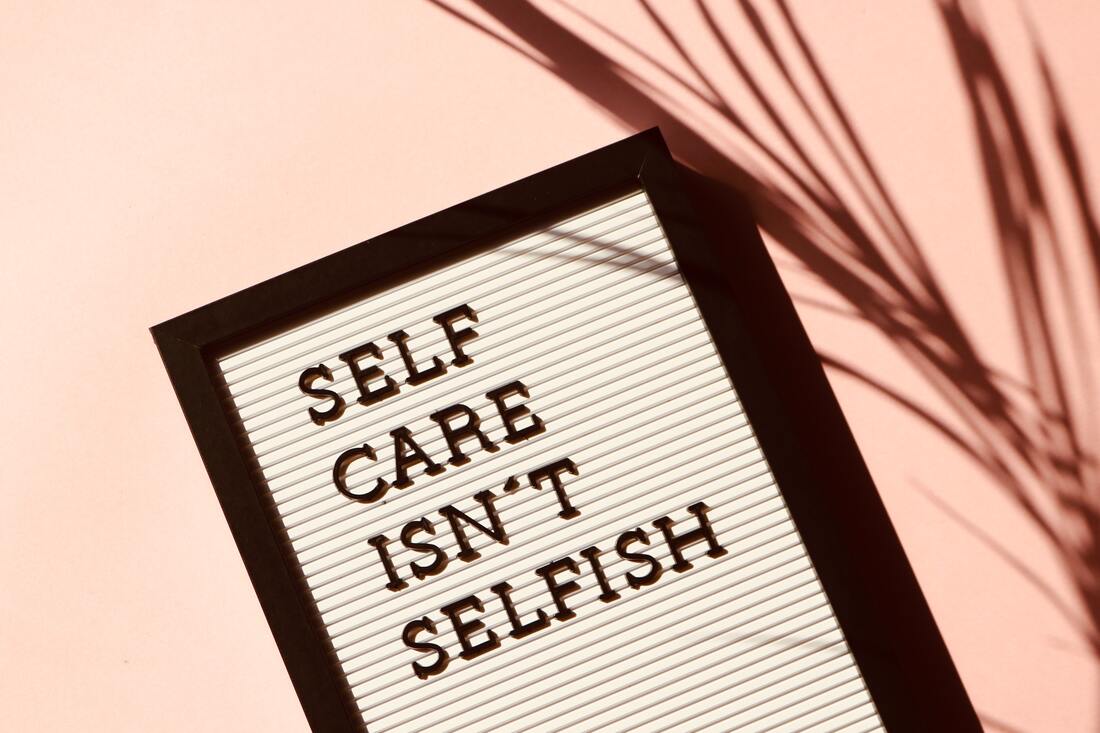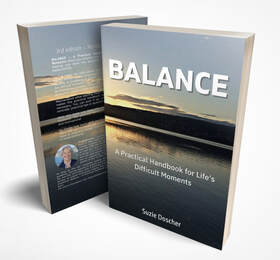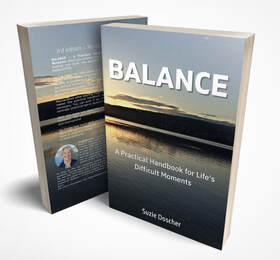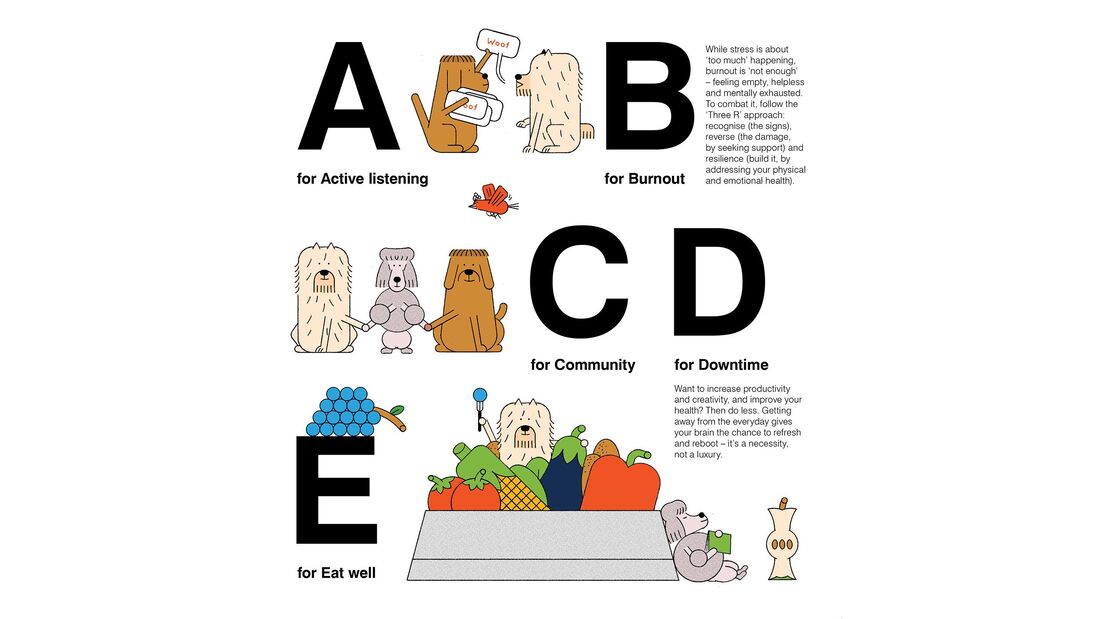|
How are you doing?
I do not mean physically. I am referring to how you are doing emotionally. There are all sorts of people, all sorts of approaches to handle life, all sorts of approaches and mindsets, all sorts of biases, fears, beliefs and all sorts of processing ways and speeds. I spent a weekend in the Swiss Alps where across one of the gorgeous small alpine lakes a slack line event was happening. It was amazing to watch all levels of slack line walkers move across the lake. At first I thought “I guess falling into the water is not too bad” followed by “but then they have to swim back to shore and start again”. I noticed they were wearing a safety harness. Losing balance meant still being attached to the line, so they would not fall into the water. To start again they beautifully maneuvered with grace and elegance back up on the line. Anyhow, this all made me realize that ‘getting back up’ is a most vital skill to have for life with all of its ups and downs. After all the reality of life is a series of ups and downs. In a step-by-step approach I examined my own approach to ‘getting back up’. More research showing that a little can do a lot In the quest for fitness and health there has been a focus on exercise as a key factor - we all know that. And recommendations are normally about increasing heart rates over long periods of time or possible also shorter more intensive sessions. These have also been shown to improve cognitive function - making your brain more effective.
However, the route to greater health may be easier - or more specifically of enhanced brain function. The effects of light activity in the focus on more intensive and extensive exercise has been largely underestimated - and is considered by some to be a key factor in public health. Our engagement in light activity has over the decades decreased significantly - see my previous article here. Become a free or paid subscriber. In this research just out Ryuta Kuwamizu and colleagues of the University of Tsukuba in Japan conducted a simple but effective experiment. In this participants did 10 mins of easy exercise - in this case light pedalling while seated. During this they measured pupil dilation because this is also related to brain function specifically executive function. Executive function refers to harder cognitive tasks such as decision making, short-term, memory, calculation, and analysis - basically what many consider the heavy lifting of the brain in our daily lives. Yes, and indeed just this short light exercise intervention increased delation of the pupil and this was directly related to improved executive functions which was determined though scanning the frontal part of the brain where our executive functions reside with a technique called near infrared spectroscopy. This therefore points to, as I have mentioned in other places, the significant benefits of short bouts of light exercise on improved brain function - something of particular interest to businesses no doubt. I have long since promoted the idea of regular short walking breaks - this shows again why. For a review of the benefits of walking see this article here). Not that it has to be at work - a walk or light exercise will improve your brain function - and that is good for all of us, all the time. by ANDY HAYMAKER Photo credit: Pexels Reference: Ryuta Kuwamizu, Yudai Yamazaki, Naoki Aoike, Taichi Hiraga, Toshiaki Hata, Michael A. Yassa, Hideaki Soya. Pupil dynamics during very light exercise predict benefits to prefrontal cognition NeuroImage, Volume 277, 2023. https://doi.org/10.1016/j.neuroimage.2023.120244 Self-help Audiobook: BALANCE - A Practical Handbook for Life's Difficult Moments by Suzie Doscher19/7/2023
Listen to the INTRODUCTION to the self-help book: |
Suzie Doscher is a Professional Executive Coach focusing on Personal Development. Located in Zurich, Switzerland. Her approach to personal development is practical and successful.
Suzie is happiest when helping people. Her vision is everyone should have access to techniques for personal growth and development. This was the motivation behind her book. Author |





























 RSS Feed
RSS Feed

